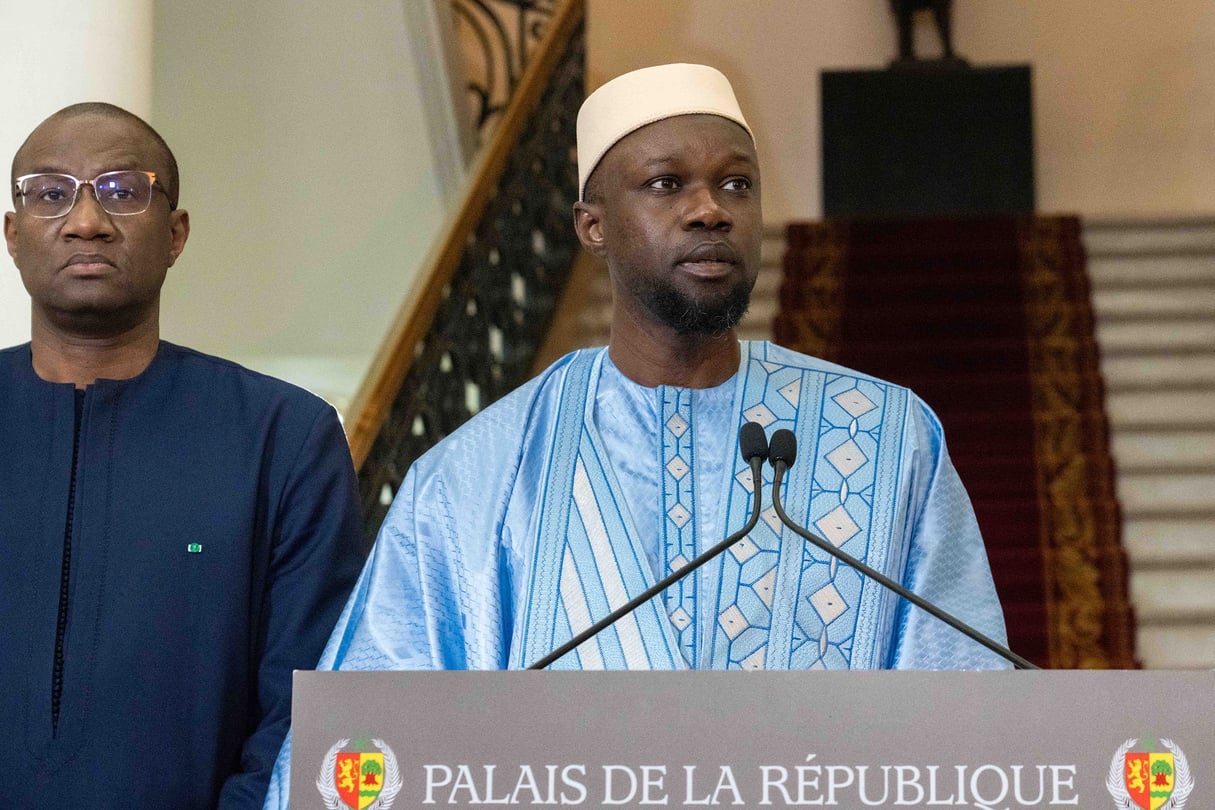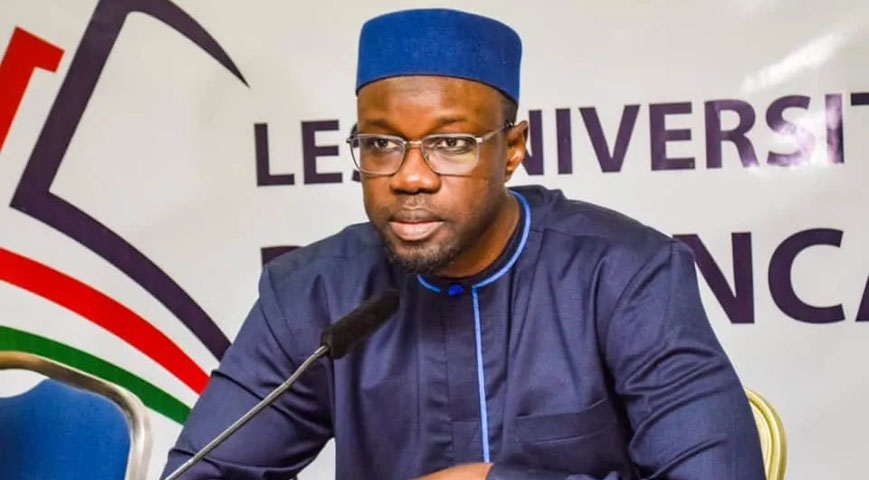Senegal's Catholic Church has expressed "outrage" following Prime Minister Ousmane Sonko's statement that his government will not tolerate any school barring Muslim students from wearing headscarves.
Sonko's comments at an awards ceremony for top students stirred controversy in predominantly Muslim Senegal, which is known for its religious tolerance. He emphasized that Senegal, unlike France, will not permit schools to ban headscarves despite the constitution declaring it a "secular, democratic and social republic."

While no school officially bans the headscarf, a Dakar Catholic institution prohibited over 20 Muslim students from wearing the hijab five years ago. The National Council of the Laity, representing Catholic organizations, criticized Sonko’s remarks as a "clear verdict against (Catholic) schools" and deemed them "clumsy." The Council reiterated that private Catholic school rules do not include a headscarf ban.
Did you read this?
The National Office of Catholic Education urged Catholic schools in Dakar to "update the rules of our schools to pre-empt any provocation and potential disputes on the issue of the headscarf," aiming to "promote togetherness." Education Minister Moustapha Mamba Guirassy supported Sonko, stating that his reminder was based on the constitution's advocacy for secularism, which does not discriminate against headscarf wearers.

Senegal has faced similar debates before. In 2019, the Dakar Catholic school Sainte Jeanne-d'Arc Institution banned 22 headscarf-wearing students under a rule requiring boys and girls to have "uncovered heads." After an agreement with the education ministry, the students were allowed back, permitting a uniform with a school-issued "scarf of suitable dimensions."
This incident underscores the ongoing tension between religious expression and secular policies in Senegalese education, reflecting broader global debates on religious symbols in schools.









